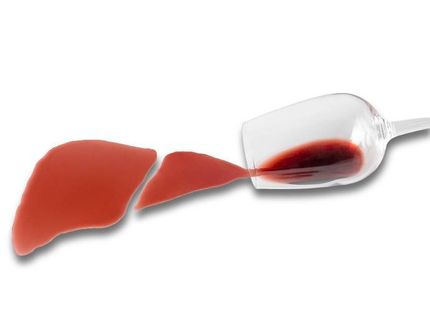Investigational treatment provides hope for some chronic liver disease sufferers
Advertisement
A new study provides hope for a new treatment in patients with primary sclerosing cholangitis, a rare condition characterised by inflammation and scarring in the bile ducts of the liver and for which there are currently no medicines.
The study, presented at The International Liver Congress™ 2016 in Barcelona, Spain, showed that at 12 weeks, Norursodeoxycholic acid significantly reduced levels of serum alkaline phosphatase, an enzyme found in the blood of which levels increase in the presence of liver disease.
In primary sclerosing cholangitis, damage to the bile ducts results in the build-up of bile acids in the liver causing damage to liver tissue. Early symptoms include tiredness and itching, however as the disease progresses, it may lead to liver cirrhosis (scarring of the liver), high blood pressure in the vessels between the liver and the gut, liver failure and liver cancer, including bile duct cancer.1 The prevalence of primary sclerosing cholangitis is estimated to be 6.3 cases in 100,000 people in the EU, or approximately 82,000 people, and in advanced cases, patients may require liver transplants.
"Our study demonstrates that Norursodeoxycholic acid could be a viable treatment option for patients with this chronic and debilitating condition," said Professor Michael Trauner, Division of Gastroenterology and Hepatology, Medical University Vienna and lead author of the study. "Norursodeoxycholic acid provided a safe and effective option for patients with primary sclerosing cholangitis and the treatment warrants further investigation in a larger-scale Phase 3 trial."
The multicentre European Phase 2, double-blind randomised trial was conducted in 159 patients. Patients with elevated serum alkaline phosphatase levels were randomised to a 12 week treatment period and a four week follow-up period with any treatment. Patients received either 500mg, 1000mg or 1500mg of Norursodeoxycholic acid daily, or placebo. The primary efficacy endpoint of the study was the mean relative change in serum alkaline phosphatase between the baseline visit and the end of treatment visit in the intention to treat population (ITT).
In the ITT population, 500mg, 1000mg and 1500mg of Norursodeoxycholic acid decreased serum alkaline phosphatase by 12.3% (p=0.0029), 17.3% (p=0.0003), and 26% (p<0.0001) respectively. Adverse events occurred at similar frequencies in all treatment groups and the placebo group. Notably, also severe itching of the skin (pruritus) occurred at low frequencies with only small differences among groups: 7 events in the 500mg/d, 7 events in the 1.000mg/d, 12 events in the 1.500mg/d groups and 10 events in the placebo group.
"This is a rare but life-threatening liver disease affecting mostly young individuals. Norursodeoxycholic acid provides hope for this population, as this could be the first pharmacological treatment option for this disease," said Professor Frank Tacke, EASL Governing Board member.


















































